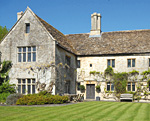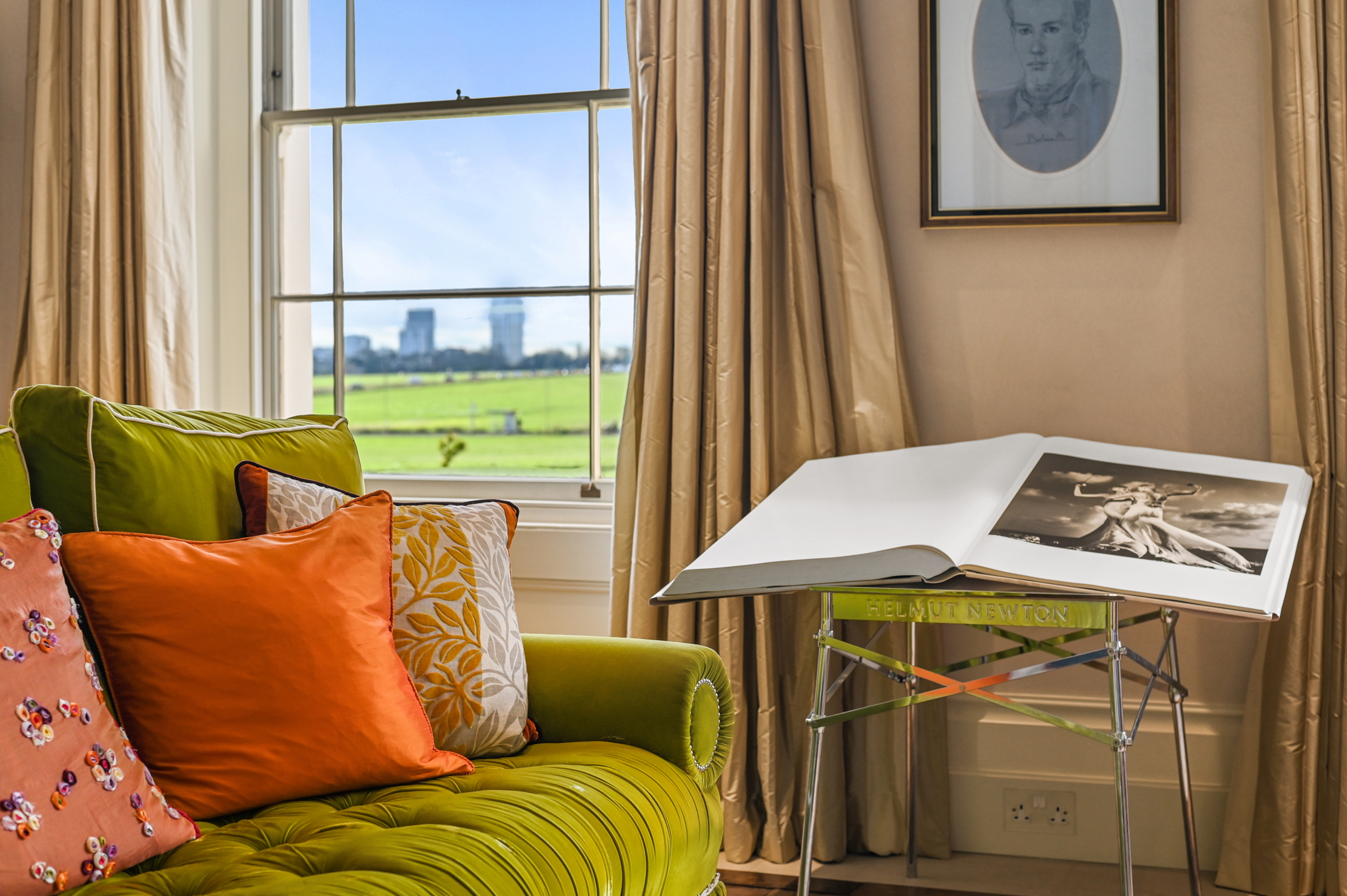Country house market dependent on quality houses for sale
The market is still slow, but special properties will sell for the right price says Penny Churchill


Given the uncertainty that is pervading every aspect of the UK economy, it’s hardly surprising that vendors and buyers in the country-house market are playing a waiting game. With buyers sitting on the fence in the hope that prices will fall still further before the market turns, only once-in-a-lifetime houses, or those perceived to be exceptionally well-priced, will persuade them to commit to an immediate purchase. It’s a situation that vendors who need to sell, for whatever reason, are finally coming to terms with.
Exquisite, Grade II*-listed Batheaston House, on the banks of the Avon at Batheaston village, three miles east of Bath, was launched on the market by Knight Frank (01225 325999) last year with a guide price of £1.85 million. A buyer was found, but the deal fell apart at the very last minute, by which time other promising contenders had come and gone. Having temporarily pulled out of the market, the owners have now rejoined the fray, and this early Georgian gem is on offer at the reduced guide price of £1.55m.
Batheaston House dates from 1667, when it was owned by the Blanchard family. In the early 1700s, Henry Walters inherited the property from Henry Blanchard, his maternal grandfather, and, in 1712, he built the classic, four-storey, ashlar-stone house, incorporating the original building at basement level. To the west of the house, which stands in 1.13 acres of gardens overlooking the river to the meadows beyond, is a charming stone orangery; to the east, a stone archway leads to a large cobbled courtyard and a small attached coach house, which could be converted to additional accommodation.
The main house, which has three large reception rooms, seven bedrooms, three bathrooms and a vast basement area, has retained all its most elegant Georgian features, including a magnificent staircase, beautiful fire places and panelling, fine ceilings and pretty windows.
Tranquil, moated Southwick Court at Southwick, Wiltshire, 10 miles south of Bath, dates from the 13th century, when it was owned by Adam de Grenville; later owners included John Humphrey, archbishop of Canterbury, Sir David Owen, son of Owen Tudor (grandfather of Henry VII) and Walter Bush, who extended the house in 1567.
The present owners, who bought Southwick Court also listed Grade II* five years ago, have done much to upgrade the ancient interior, which is remarkably light and spacious, with three fine reception rooms, a wonderful 17th-century elm staircase, a large kitchen/breakfast room, eight bedrooms and four bath/shower rooms. The 5,038sq ft house stands in five acres of gardens, orchards and paddock, and has an outbuilding with a barn, eight stables, workshops and stores.
The owner’s need to relocate last year led to this classic Wiltshire manor being launched, reluctantly, on the market at a guide price of £1.75m, through Savills in Bath (01225 474500). For whatever reason, the various suitors never quite made it to the altar, and the owners decided to let the house on a short-term rental and move out anyway. Savills are now re-offering this beautifully maintained property at the temptingly reduced guide price of £1.5m.
Sign up for the Country Life Newsletter
Exquisite houses, the beauty of Nature, and how to get the most from your life, straight to your inbox.
‘Beautifully maintained’ are perhaps not the first words which spring to mind when you look around Grade II*-listed Brook House at Eastry, near Sandwich, Kent, agrees selling agent Simon Backhouse of Strutt & Parker (01227 451123). He prefers to describe the classic Queen Anne house and its five acres of gardens and grounds as being ‘in need of total refurbishment’ a status reflected in its seemingly modest £695,000 guide price.
Owned by the same family for the past 40 years, Brook House , which has four reception rooms, nine bedrooms and two bathrooms, was lived in by an elderly widow, who died just before Christmas, having outlived her husband by 10 years or more. Those years have not been kind to Brook House, which was built in 1710 for the surgeon, sportsman and amateur Kentish historian William Boteler. Mr Backhouse estimates the cost of renovating the house at ‘between £300,000 and £500,000, with the restoration of the once magnificent gardens alone costing up to £100,000’. But with builders and craftsmen likely to be competing for work in the coming months, Brook House represents a timely opportunity to re-create a historic family house of rare distinction.
Country Life is unlike any other magazine: the only glossy weekly on the newsstand and the only magazine that has been guest-edited by HRH The King not once, but twice. It is a celebration of modern rural life and all its diverse joys and pleasures — that was first published in Queen Victoria's Diamond Jubilee year. Our eclectic mixture of witty and informative content — from the most up-to-date property news and commentary and a coveted glimpse inside some of the UK's best houses and gardens, to gardening, the arts and interior design, written by experts in their field — still cannot be found in print or online, anywhere else.
-
 A rare opportunity to own a family home on Vanbrugh Terrace, one of London's finest streets
A rare opportunity to own a family home on Vanbrugh Terrace, one of London's finest streetsThis six-bedroom Victorian home sits right on the start line of the London Marathon, with easy access to Blackheath and Greenwich Park.
By James Fisher
-
 Materials, textures, construction, expression: A Brutalist watch on your wrist
Materials, textures, construction, expression: A Brutalist watch on your wristLuxury watchmakers are seeking to bridge the gap between two contrasting styles, with exciting results.
By Chris Hall